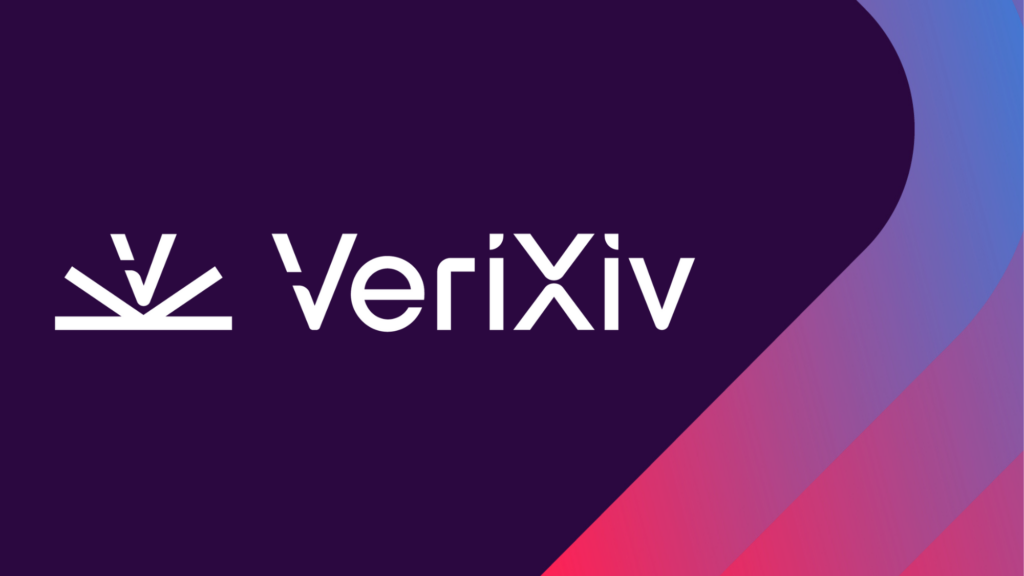The Bill & Melinda Gates Foundation has recently announced a “refreshed” Open Access Policy, to start in 2025. There is a lot to unpack.
The headline change for publishers is that the Foundation will no longer pay Article Processing Charges (APCs) for its funded researchers to publish Open Access. However, they have not stepped back from their support of Open Access. Rather than paying for post-publication OA, they are requiring posting all manuscripts on a preprint server. Not just any preprint server – one approved by the Foundation, with “a sufficient level of scrutiny to submissions.” The works must be licensed as CC-BY 4.0, or something similar. Interestingly, authors also must assign the license to an Author Accepted Manuscript of the article if it is published later. Any data that is used in the manuscript must also be made immediately available.

The Foundation is working with F1000, a subsidiary of Taylor & Francis, to create a preprint platform named VeriXiv. The platform will do a series of “ethics and integrity checks,” looking for things like plagiarism and image manipulation, as well as author-related conflicts. One thing that it is not doing is peer review. An author can still publish the article in a journal as well, as long as that journal respected the OA requirements of the Foundation, and the author would have to pay any APC themselves.
The question is how will this affect the publishing ecosystem? The Foundation awards more than five billion dollars in grants per year, which is enough to create real change. On the one hand, authors could decide that traditional publishing is not worth the time and cost, which the Foundation’s policy strongly suggests, and just move to preprints. On the other hand, authors may still have other institutional incentives tied to publishing output and prestige. Will this just shift the cost of traditional publishing to authors, and indirectly to libraries and universities that support them? It might work out that this is a lever to reduce prestige-based incentives at institutions, or it might work out that authors with fewer resources fall a little further behind.
This may also just be a business fight between funders and publishers, with researchers caught in the middle. Publishing is a bundle of services, including ethics and plagiarism checks, peer review, distribution and preservation. Commercial publishers charge a lot for that bundle. Starting with posting a preprint and then layering on other services could be cheaper, especially if one thinks different research outputs need differing levels of service. This opens the door to new business models, like stand-alone peer review services, as contemplated by the Publish-Review-Curate model of publishing. We will see who steps in to fill those needs.



